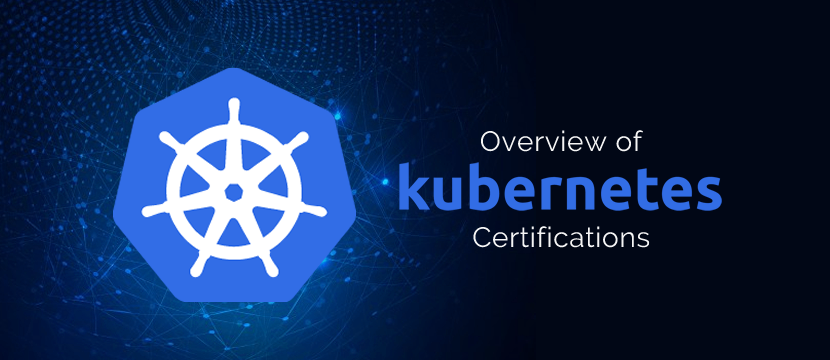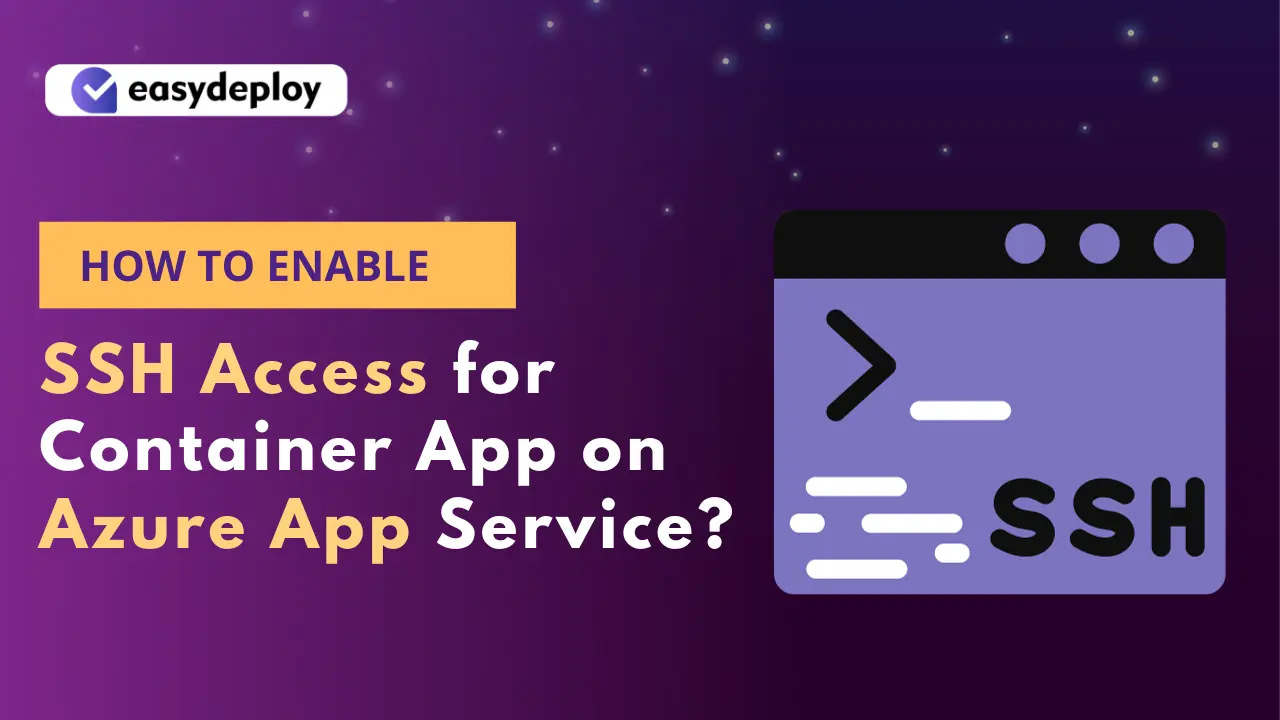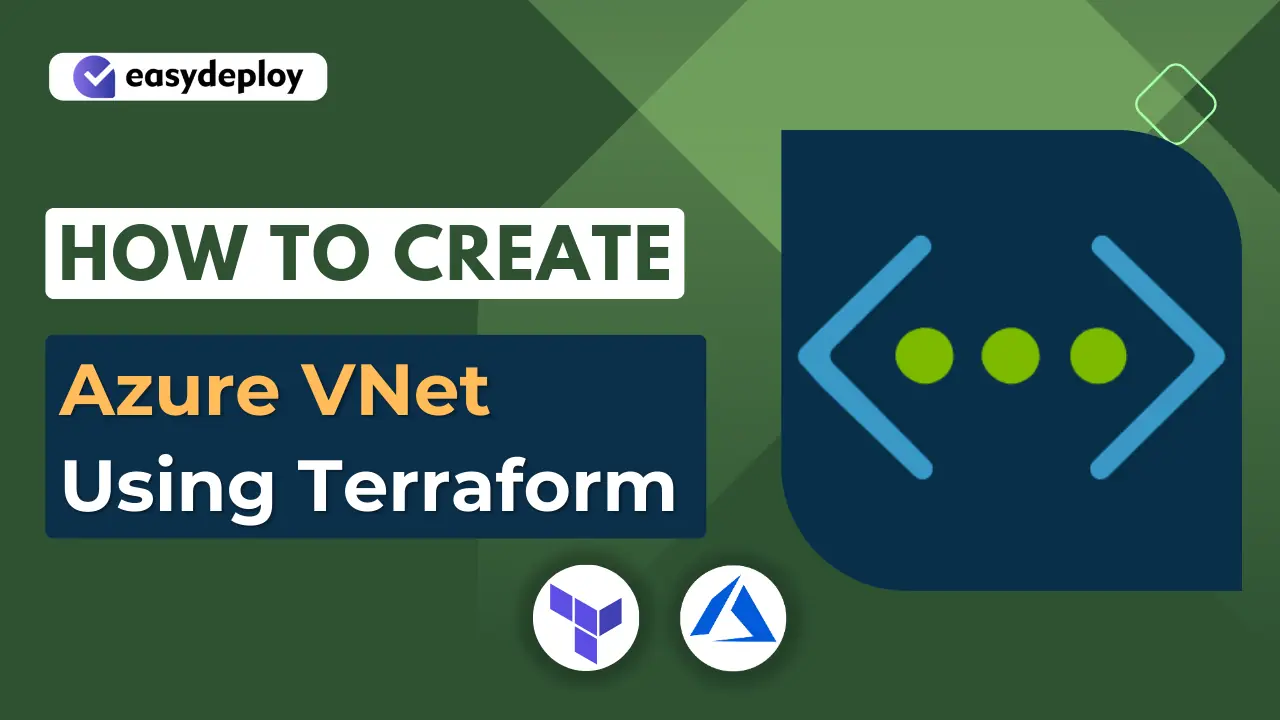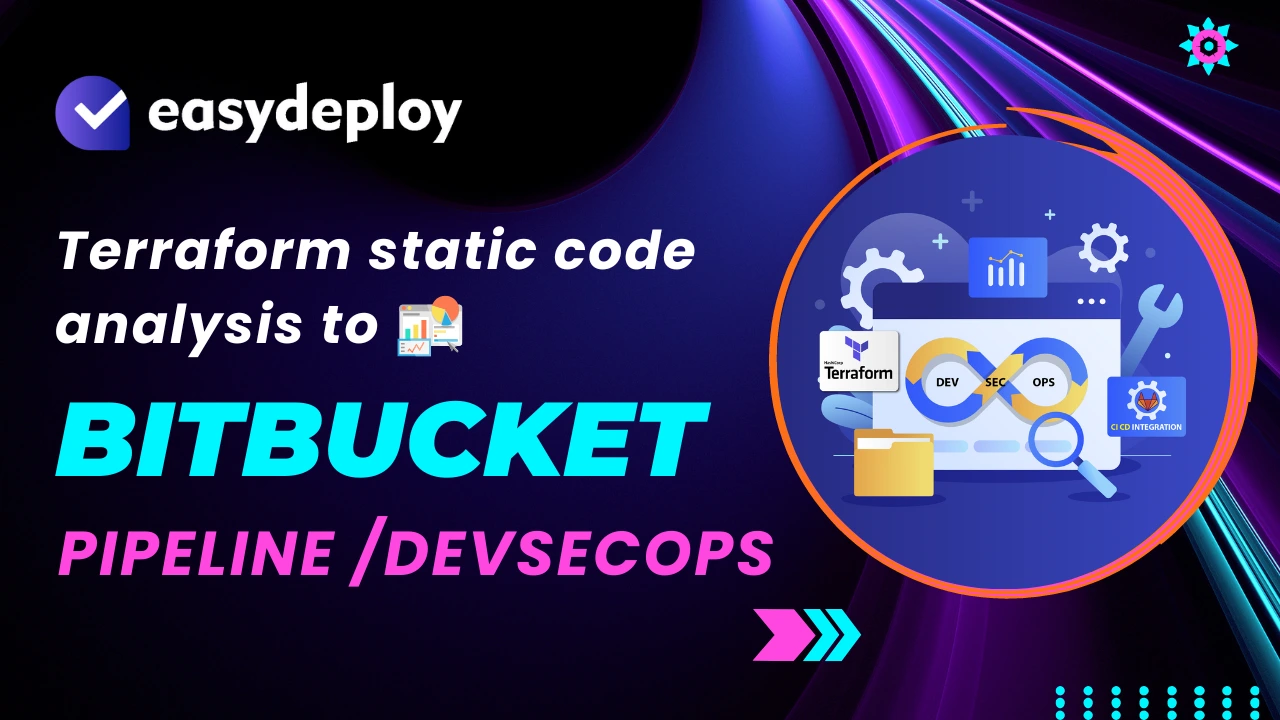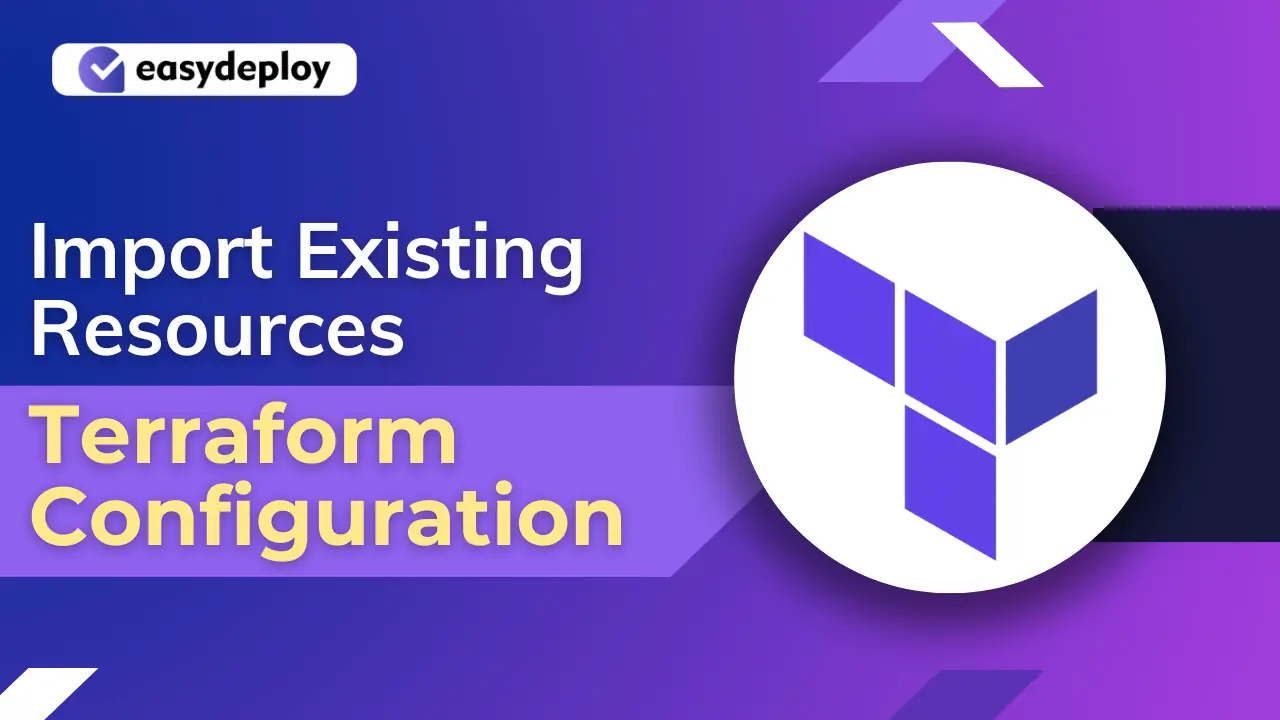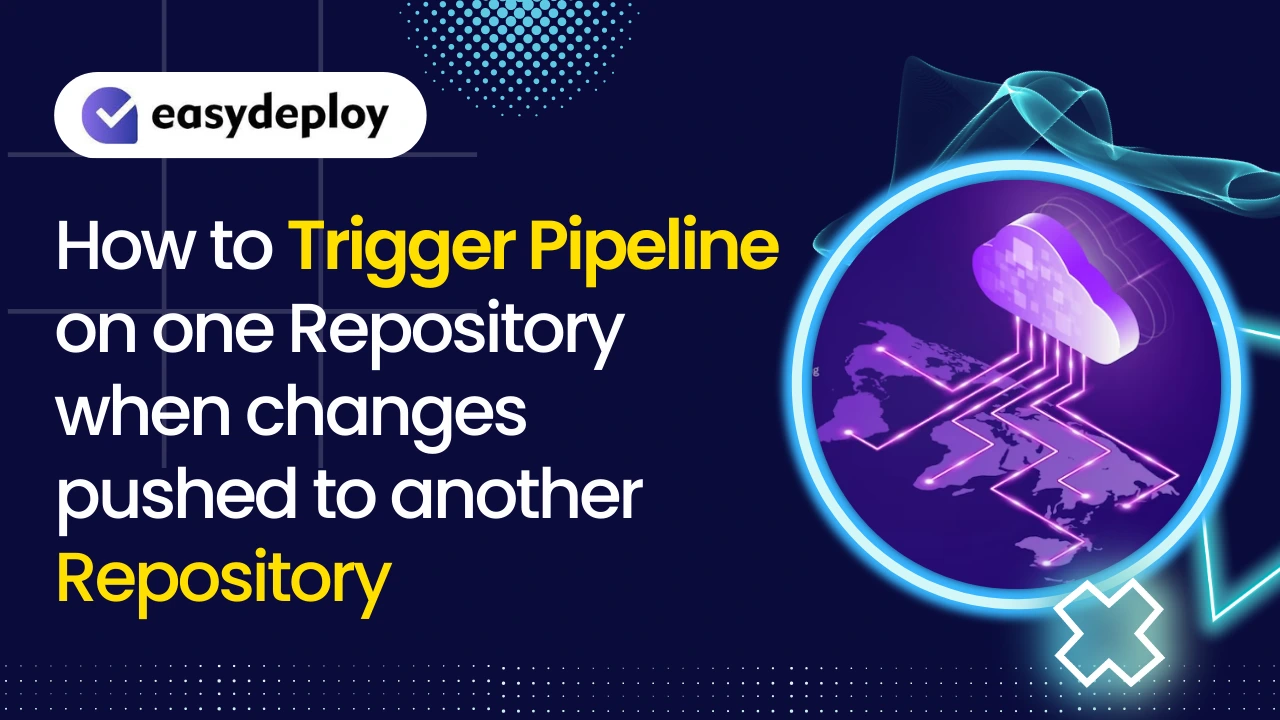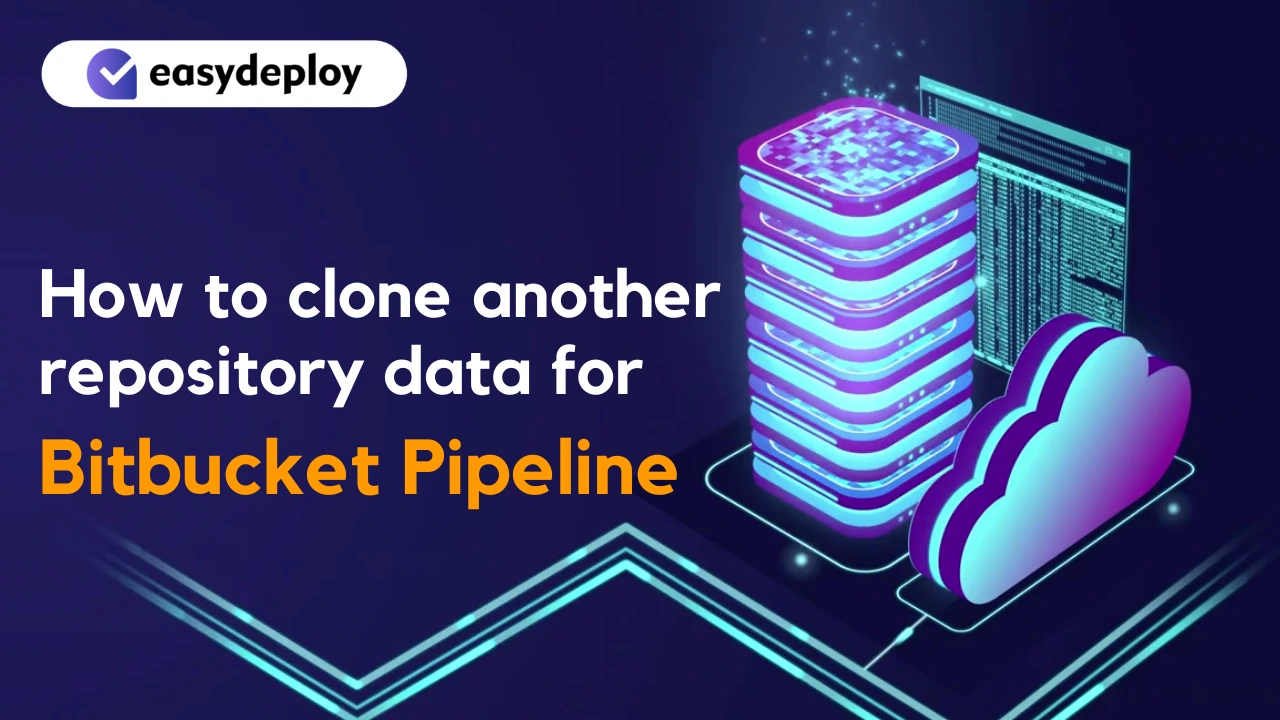Kubernetes certifications are one of the most demanded certifications among the DevOps professionals. Let’s have an overview of the Kubernetes certifications.
If you are an IT professional having working with Docker then Kubernetes is one thing that you should be well aware of. Since 2017 when Docker announced that its operations are now well-integrated with Kubernetes, this tool is ragging in the IT industry.
Kubernetes is an open-source container orchestration system that enables a user to make most of container technology, handle networking automatically, create logos and alerts and deploy container technology in IT operations. A brainchild of Google, Kubernetes was later donated to Cloud Native Computing Foundation (CNCF) soon after its inception. Since then CNCF is handling its implementation and deployment.
Alongside, CNCF also offers two Kubernetes certifications to gain deeper, insightful, and advanced knowledge of Kubernetes. These kubernetes certifications are among the top DevOps certifications. Let’s dive deep to get more details.
What are the Kubernetes Certifications?
Unlike other IT certification, Kubernetes certifications are relatively new and it’s still in their infancy stage. As of now, only two Kubernetes certifications, namely –
- Certified Kubernetes Administrator (CKA)
- Certified Kubernetes Application Developer (CKAD)
Both the certifications help the candidate to firm its astuteness in Kubernetes methodologies and work process and help them established as a certified Kubernetes leader in the industry.
Also Read: Why to use Kubernetes?
Why Kubernetes Certifications are Important?
Kubernetes has become an integral part of the IT industry. Though you may have some or other knowledge of Kubernetes beforehand, here are our points in support of professional Kubernetes certification –
- A certification testifies your knowledge and expertise in Kubernetes. You may be using Kubernetes on daily basis, certification is what you require you to validate your skills.
- It is important to get recognized. You can’t be called as a trusted Kubernetes professional unless you have a certification to support your erudition. It will help you to get recognized in the global and local Kubernetes community and ease down the collaboration efforts.
- These certifications open-ups new career avenues for you. You can become a Kubernetes developer, Kubernetes administrator and even teach Kubernetes to others after successful completion of this course.
Here is a detailed overview of the both these certifications –
1. Certified Kubernetes Administrator (CKA)
Created by CNCF and the Linux Foundation, Certified Kubernetes Administrator (CKA) lays utmost importance to understand the Kubernetes ecosystem from a very basic level. As it is an administration based certification, the candidate will be able to understand the various aspects of application lifecycle management, security, application installation, and validation and so on. This certification is equivalent to cluster operators.
Some key prerequisites for CKA
Here are some of the key pre-requisites that one should meet beforehand.
- Kubernetes-based pre-requisites – Before you take up this certification, you should be able to know how to troubleshoot, and create a Kubernetes cluster. Some prior awareness of basic Kubernetes resources is also a desirable pre-requisite.
- Non-Kubernetes skills – Apart from Kubernetes-based skills, you should be well-versed in vim (to edit and configure your files), system (fro start, stop and restart) and journalctl (useful to understand system service logs) before taking up this certification.
CKA Exam details
To be called as a Certified Kubernetes Administrator, you need to pass the exam. The exam is of 3 hours and it consists of a set of 24 performance-based questions. The exam is divvied into these sections.
- Application Lifecycle Management – 8%
- Core Concepts – 19%
- Installation, Configuration & Validation – 12%
- Scheduling – 5%
- Security – 12%
- Networking – 11%
- Cluster Maintenance – 11%
- Storage – 7%
- Logging / Monitoring – 5%
- Troubleshooting – 10%
As the exam online-proctored, you can take it from anywhere. All you need is a stable internet connection, quiet room, a microphone, and a webcam. You will be solving the problems in the command line environment.
You can take it remotely from any place with a reliable internet connection as long as it’s a private room, and you make it possible for a proctor to observe you via a webcam throughout the exam duration.
The use of Kubernetes is generally associated with Docker. Let’s know if it is possible to use kubernetes without docker.
2. Certified Kubernetes Application developer (CKAD)
This is another Kubernetes certification offered by CNCF which puts extra focus on management and deployment of Kubernetes clusters in real-time applications. The core learning of this certification helps a professional to know how to design, build, configure, and expose cloud-native applications for Kubernetes. Upon the successful completion of this certification, you will be able to monitor, configure, maintain, and troubleshoot Kubernetes applications.
Alongside, this certification helps you to polish your learning in OCI-Compliant Container Runtime and cloud-native applications’ architecture.
Some key prerequisites for CKAD:
For successful completion of the CKAD exam, here is what you must know in prior
Kubernetes-based skills – knowledge about the Kubernetes concepts such as pod, deployment, service, and Kubernetes commands as kubectl explain. You should be familiar with Docker as well.
Non-Kubernetes skills – Knowledge of vim and timux, and microservices architecture will also help you to pass the exam easily.
CKAD Exam Details
To get certified with this certification, you need to clear the exam at the end of the course. Certified Kubernetes Application developer exam is of 2 hours wherein you need to answer 19 questions. The exam is divided into the below-mentioned section.
- Core Concepts – 13 %
- Multi-Container Pods – 10%
- Configuration – 18%
- Pod Design – 20%
- Services & Networking – 13%
- Observability – 18%
- State Persistence – 8%
Just like the CKA exam, this is also an online-proctored exam that can be taken from any remote location. You need to have a Google Chrome enabled operating system, in-built or added webcam, stable internet, and a microphone.
For an administratror, it is important to understand the concept of kubernetes pods. Read our previous post to know what are Kubernetes pods.
Preparation Guide for Kubernetes Certifications
Though you are eligible to take a free exam retake for the kubernetes certifications if you don’t clear it in the first attempt, getting certified in one go has its own charm. Though it looks like, it is not an easy task. Here are our suggestions to achieve this –
-
Make the most of exam resource
CNFC makes your certification journey as easy one since the beginning by offering rich and resourceful study material. There are candidate handbook and curriculum overview to know what all is there in the exam and which study material should refer to it. If you really want to make big in your first attempt then you should gauge little extra in these exam resources.
-
Practice and practice a lot
As both of these certifications are performance-based; the only way to come up with flying colors is to practice and practice a lot. You should practice the Kubernetes concepts in a real-time environment. You can take the help of various online labs for this.
Make sure that you are practicing for a minimum of 3-4 times. Above all, the kubectl command line is something which requires most of the attention. This command line is what you would be using throughout the exam for quick problem resolving.
-
Master the art of command line
As you would be giving exam only in the command line, you should be well aware of its concepts beforehand. Make sure you are practicing with text editors such as vim. Learn to do quick copy & paste between your editor and Linux Foundation’s editor. The more accurately and quickly you are doing this, the easier would be the time management on the D-day.
-
Make learning thorough with tutorials
There are ample of tutorials available online that will help you to get a clear picture of Kubernetes concepts. Go through a few tutorials and training videos to prepare yourself for the exam.
-
Join the communities
You can also join the Kubernetes communities to gain more practical and detailed knowledge of the Kubernetes’ concepts. In these communities, Kubernetes’ professionals from across the globe are there to share their real-time experiences with conjectural Kubernetes concepts. This will strengthen your learning.
-
Join free training
There are many online platforms that provide free online basic Kubernetes programs. If Kubernetes is the pretty alien thing to you then these courses will help you learn its basic yet key concepts without even spending a single penny. Udacity, Udemy, and edX are our top pick for this.
-
Check your system compatibility
To appear in the exam, your system should have certain hardware and software compatibility. We would suggest you run a compatibility check tool on your system a few days prior. Any last minute hassle can panic you.
-
Make most of the notepad feature
While you are attempting questions, don’t forget to use Notepad feature in your exam console at its fullest. As you are not allowed to take notes anywhere else, this exam console will help you to answer the questions in the right manner. In Notepad, you can edit/delete/modify your answer again and again till your final satisfaction and then submit into the exam terminal.
-
Learn to ditch Ctrl C and Ctrl V
These two commands may have become a part of your regular operations but it’s the time to ditch them as they won’t work you your exam terminal. Refer candidate handbook to know about their replacements and try to practice them before the exam.
Also Read: Why is Kubernetes called k8s?
Tips for D-Day
So, you all are prepared for exam and D-day has arrived. Here is what you should do on the exam day –
- Make sure you choose a room with a minimum or no-disturbance environment. Keep your phone and any other electronic device out of your reach as they may distract.
- Always use Google Chrome as your default browser while appearing in the exam.
- As you are allowed to use Kubernetes official documentation for the references during the exam, keep it handy.
- Ensure that your webcam is working well and positioned right.
- Keep your laptop/PC fully charged and have a handy power backup as well.
- Do not stop or tamper with the cer terminal process. Doing so may lead to session expiration.
- You should not block any of 8080/tcp, 4505/tcp, and 4506/tcp incoming blocks.
- Make sure that you are taking up the exam in the right cluster. For the CKA exam, there are six clusters and for the CKAD exam, there are four clusters.
- Don’t spend a lot of time on a single question. If you stuck then note it in the notepad and proceed further.
- Try to answer the easy questions first. By doing this, you will be able to reach the minimum passing requirement. Once you are done with all the easy questions, proceed towards the questions of medium difficulty. Your chief aim should be touching the mark of minimum passing marks first.
What about the result?
You can expect the result of your exam within 36 hours after you completed the exam. Candidates can check their result on “My Portal”. You will also get your result in email as well. The minimum passing score for the CKA exam is 74% and for CKAD is 66%. Both the exams are available in Kubernetes v1.14 version.
If you haven’t cleared the exam in the first attempt then you can take another retake within 12 months for the first attempt. If you haven’t cleared the exam in free retake as well then you had to pay the course fee again.
How much these certifications will cost you?
In general, the cost of each certification is $300 USD. In this fee, you will be able to use the document case studies and study material mentioned at the CNFC website. Also, you are eligible to avail one free re-take in this amount. There is a bundle offer available as well. In this bundle offer, you can take up Kubernetes Fundamentals training (LFS258) together with the exam for $499 USD in whole.
For how long these certifications will be valid?
Once earned successfully, your CKA certification will be valid for 3 years and CKAD is valid from two years from the date of issue. You can go for recertification and renewal as well after the validity expires.
Final words
Kubernetes is not going to fade away any time soon. In fact, the industry is developing an unwavering likeliness for it as days are passing by. A Kubernetes certification opens up doors for new career avenues for you and helps you get recognized as a skilled professional of this raving technology.
So, don’t wait anymore and take any of these certifications now and take your career at whole new horizons!

